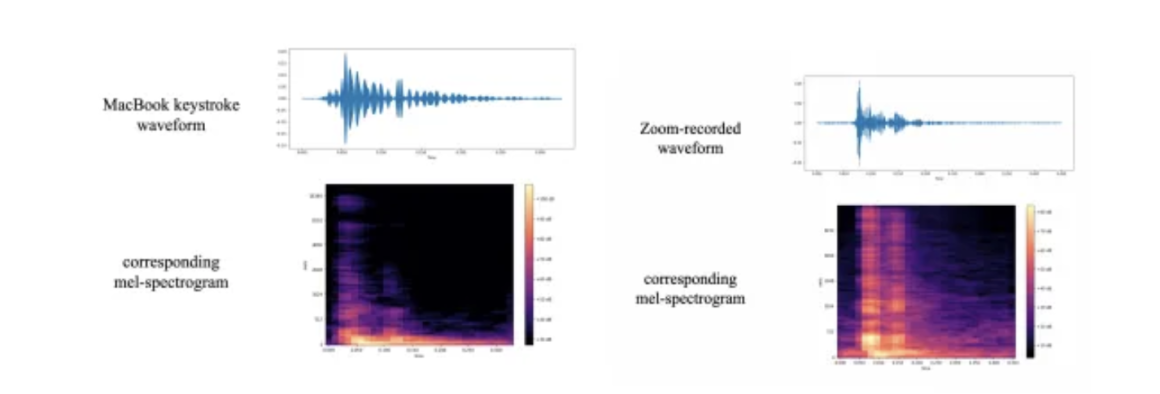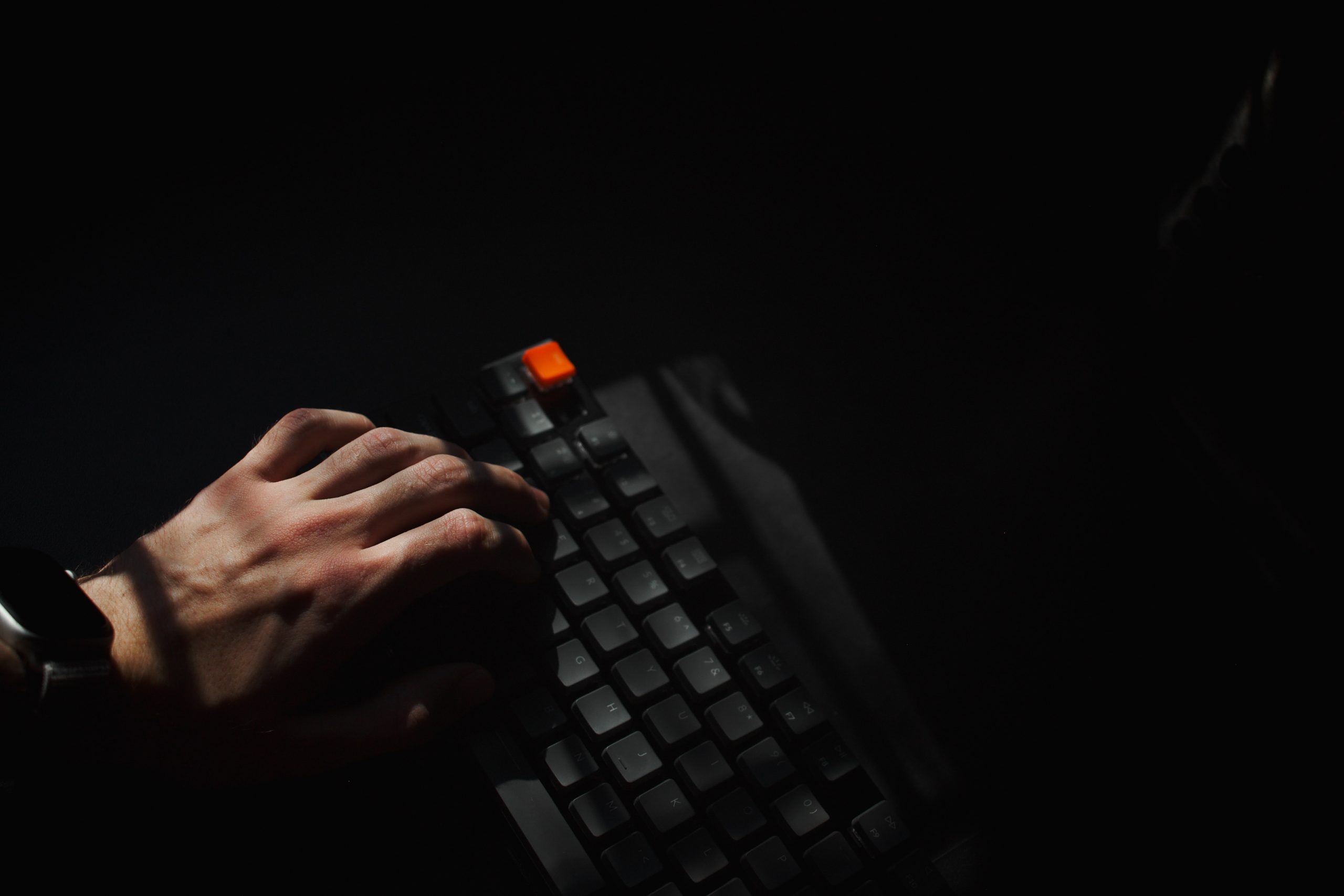The deep learning algorithm can work by listening in Zoom and audio calls raising privacy concerns.
Webcams are no longer your only concern, as new research from the University of London showed that sounds made while typing can be translated into information.
The researchers trained the model on keystrokes recorded by a nearby phone to achieve an accuracy of 95% and on data from Zoom to achieve an accuracy of 93%.
“While keyboards have gotten less pronounced over time, the technology with which their acoustics can be accessed and processed has improved dramatically,” said Joshua Harrison, speaking about the infrastructure that allows this AI.
While previous research had outlined similar detection mechanisms, the latest paper shows unprecedented precision.
The algorithm was tested on a MacBook Pro, where the researchers pressed each critical 25 times. The AI system was able to learn the little variations in sound emanating from these keys. The data could be interpreted through a sound waveform and a corresponding spectrogram.

The model still needs to be calibrated to different computers, keyboards, and audio environments. However, the approach is extremely scalable if attackers get training data on specified devices.
A cause for concern
The research shows the possibility of getting compromised passwords, messages, emails and more.
While the privacy threat coming from keyboards is not new. Previous technology that uses acoustic emanations has explored attacks, especially those picked up by laser microphones. However, such sophisticated ML allows for unprecedented scalability.
There is currently little regulatory framework to protect against leaking information this way.
Confuse the AI
The accuracy of the AI decreased significantly when environmental noise or keyboard noise changed significantly. Touch typists who press keyboards differently affected the accuracy by 40%. So, a key suggestion was a change in the typing style. Touch screen keyboards which emanate less/no sound are an option for those concerned as well.
Other suggestions include having ambient noise that muddles the spectrogram recording or modding keyboards to entirely change the calibrated acoustics that come in when in service.







